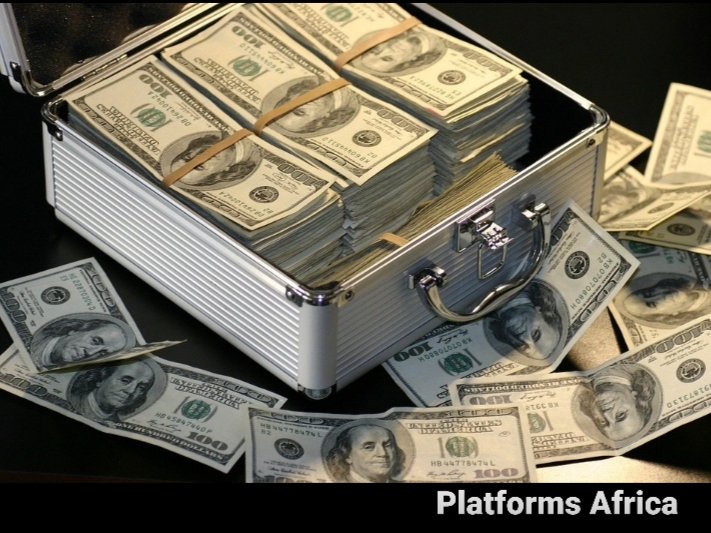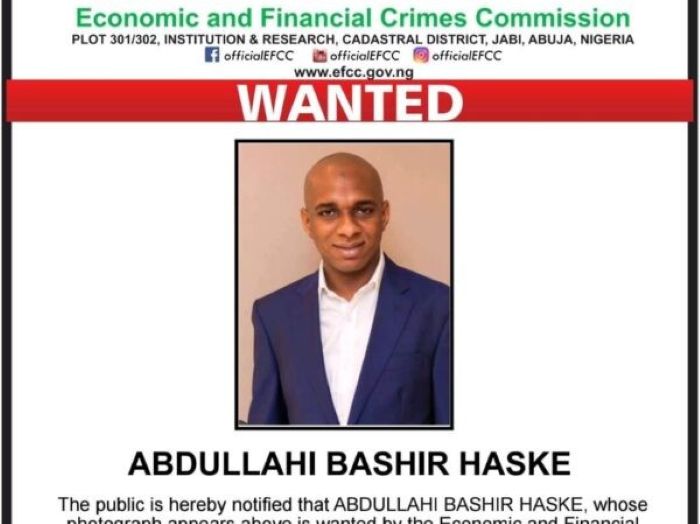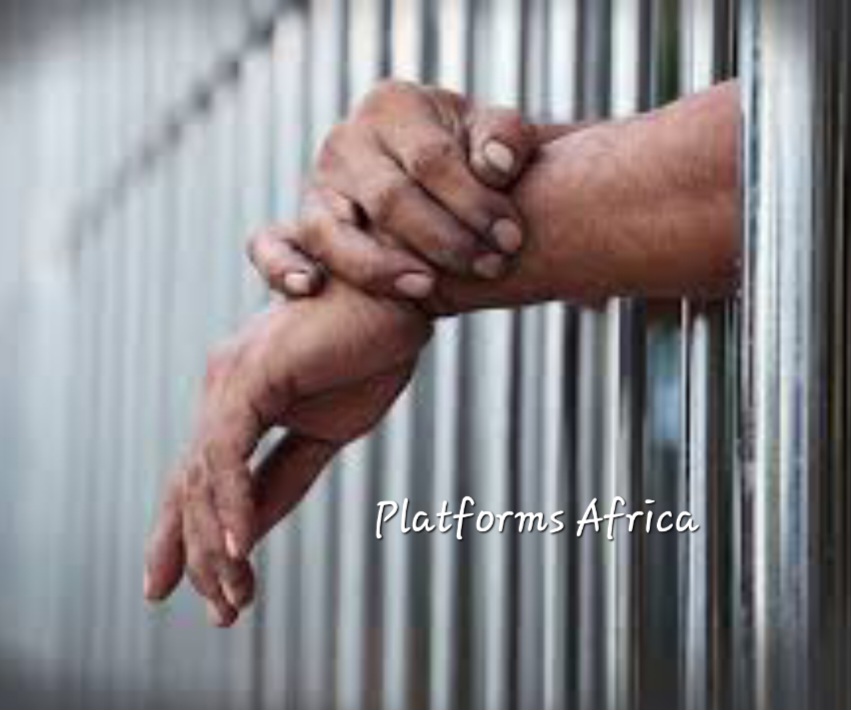CISLAC expresses dissatisfaction about lack of trial, conviction of Nigerians named in Panama Papers
European Union (EU) has sanctioned Nigeria on the dearth of anti money laundering in the country’s legislation.
The Executive Director of Civil Society Legislative Advocacy Centre (CISLAC), Auwal Musa Rafsanjani, who said this at an event in Lagos expressed dissatisfaction about lack of conviction of Nigerians named in Panama Papers, an expose of fraud and tax offenses.
Here below is his full speech
The Nigerian Government made commitments to strengthen anti-corruption reforms and joined the Open Government Partnership (OGP) in July 2016 in a bid to deepen institutional and policy reforms. One of the commitments within the anti-corruption agenda in the consolidation of existing and new reforms, was the establishment of a
Public Central Register of Beneficial Owners of companies.
Six years after this bold commitment, we stand before the Nigerian public and international community to say that we have crossed the first bridge which is having the CAMA amended to support the beneficial ownership registry establishment. Kudos to all and sundry who worked tirelessly to have this law amended, particularly the Nigeria Extractive Industries Transparency Initiative (NEITI) for making commendable efforts in establishing an
extractive sector register.
While legitimate corporate businesses have an integral role in national development, the involvement of Politically Exposed Persons who conceal corruptly acquired wealth through the complex networks of companies deliberately created to hide their identities has further increased the risks they pose to non-fortified economies.
The Siemens, Halliburton and Malabu oil scandals, to cite a few high-profile cases, had a net impact on revenue leakages that was unbearable for the country’s finances and the citizens’ economic well-being.
We contextualize our conversations around beneficial ownership in its contemporary form as defined by the following indexes:
1. Financial Action Task Force (FATF) whose efforts aim at promoting policies and standards that insulate global financial systems from acts of money laundering and the financing of terrorism and proliferation of weapons of mass destruction. (Article 24 & 25)
2. Nigeria’s obligation under the United Nations Convention against Corruption (UNCAC) and other international anti-money laundering and anti-terrorism instruments to improve the transparency of legal entities and other arrangements.
3. The global Extractive Industry Transparency Initiative (EITI) implementation of the beneficial ownership in this sector.
4. We were already facing some sanctions from the European Union for the nonexistence of anti-money laundering legislations; while we see and hear of
prosecutions of Individuals and entities involved in the #panamapapers leaks and
the #wikileaks among others, there seem to be no legal framework that enables the convictions of all that was involved from Nigeria; aside the fear of the international community, it is worthy of note here that Concealing of the
beneficial owners’ costs lives of our fellow countrymen as terrorists use international financial systems to sustain their operations; Without transparent ownership of Nigerian and international companies operating within the Nigerian jurisdiction, we will not be able to stop the bleeding through illicit financial
outflows which is perpetually on a geometric progressive increase year on year, which costs us annually around 17 billion US dollars, with special emphasis on the backbone of our economy, the oil and gas industry.
5. As long as wrong incentives and dysfunctional supervision dominate our national financial systems, consequences in the form of terrorism financing, trans-national organized crime, tax evasion and illegal enrichment of politically exposed persons
will prevail.
Let us state clearly here that these points as raised above alongside other beneficial
aspects of the Amended CAMA is our basis for engagement in this context.
We believe that a collaborative partnership by relevant stakeholders in the beneficial ownership campaign will help give a voice to this simple but strategic endeavour that will help curb corruption in our financial, procurement and other strategic sectors and contribute effectively to domestic revenue mobilisation for financing development of
critical sectors of the economy.
We would like to extend gratitude to Palladium for the opportunity of this partnership with funding support from the United States Agency for International Development
(USAID), which has made this engagement possible.
Most importantly, we would like to thank you all for honouring this invitation as we hope towards robust and conductive delibration.
God bless us all,God bless Nigeria!
Signed
Auwal Ibrahim Musa Rafsanjani
Executive Director
Civil Society Legislative Advocacy Centre





